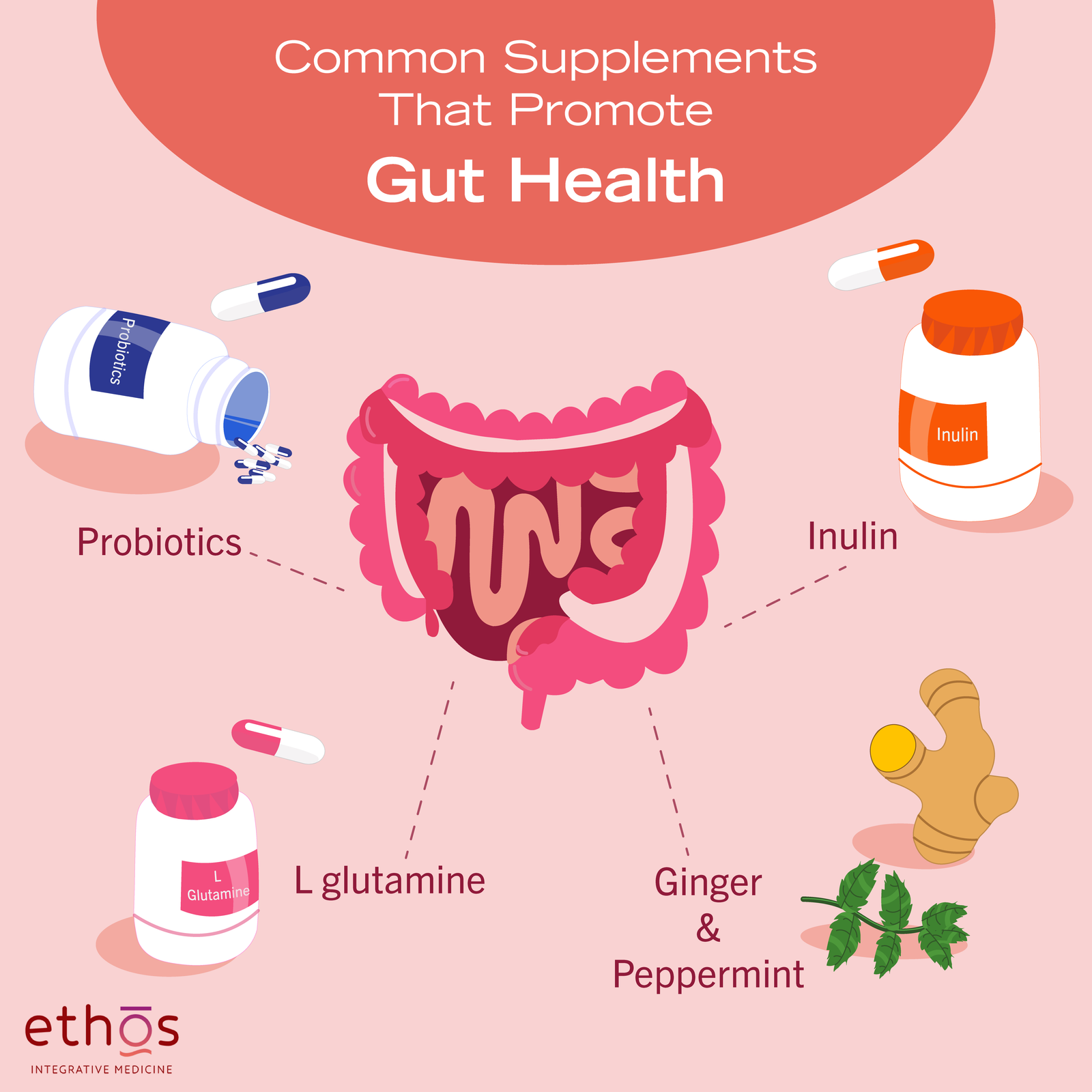Omega-3 fatty acids are essential fats that have numerous health benefits, and one of the most significant is their impact on gut health. The human body cannot produce these fats naturally, which means they must be obtained from our diet. Found in foods like fish, flaxseeds, and walnuts, these fatty acids are a crucial part of maintaining a healthy gut.
The gut, also known as the digestive tract, plays a vital role in overall health. It’s not only responsible for digestion but also plays a significant role in our immune system and mental health. Research has shown that omega-3 fatty acids help to maintain the health of the gut lining and support the growth of beneficial bacteria.
One of the primary ways omega-3 fatty acids contribute to gut health is by reducing inflammation. Inflammation can damage your intestinal lining and disrupt your gut’s natural balance, leading to conditions like inflammatory bowel disease (IBD) or irritable bowel syndrome (IBS). Omega-3 fatty acids have anti-inflammatory properties that can help reduce this inflammation and protect the intestinal lining.
Moreover, omega-3s play a crucial role in supporting the growth of beneficial bacteria in your gut. These bacteria form your gut microbiota – an ecosystem within your body that aids digestion, supports your immune system, and even affects mood and mental function. A healthy microbiota is diverse and balanced; however, factors such as poor diet or stress can disrupt this balance. Omega-3s help maintain this balance by promoting the growth of beneficial bacteria.
Another way omega-3s contribute to gut health is by aiding digestion. Omega-3 fatty acids help produce hormones that increase the contractile force of the intestine which helps move food through your digestive tract more efficiently.
In addition to supporting digestion and reducing inflammation, research suggests omega-3s may also play a role in preventing colon cancer. While more research is needed to fully understand this relationship, it’s thought that omega-3s can inhibit the growth of cancer cells in the colon.
Despite the numerous benefits of omega-3 fatty acids, many people do not get enough from their diet. This can lead to a deficiency which could impact gut health and overall wellness. To ensure you are getting enough, aim to include foods rich in omega-3s in your diet regularly. These include fatty fish like salmon and mackerel, flaxseeds, chia seeds, walnuts, and fortified foods like certain brands of eggs or yogurt. If you struggle to get enough from your diet alone, consider a high-quality omega-3 supplement.
In conclusion, Omega-3 fatty acids play a vital role in maintaining gut health. They help reduce inflammation, support beneficial gut bacteria, aid digestion and may even play a role in preventing colon cancer. Ensuring adequate intake of these essential fats should be considered an important part of any strategy for maintaining optimal digestive health.



